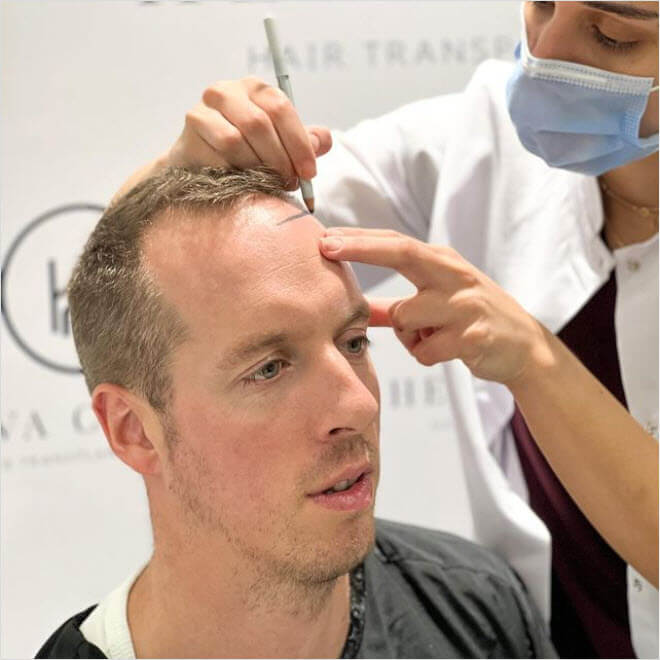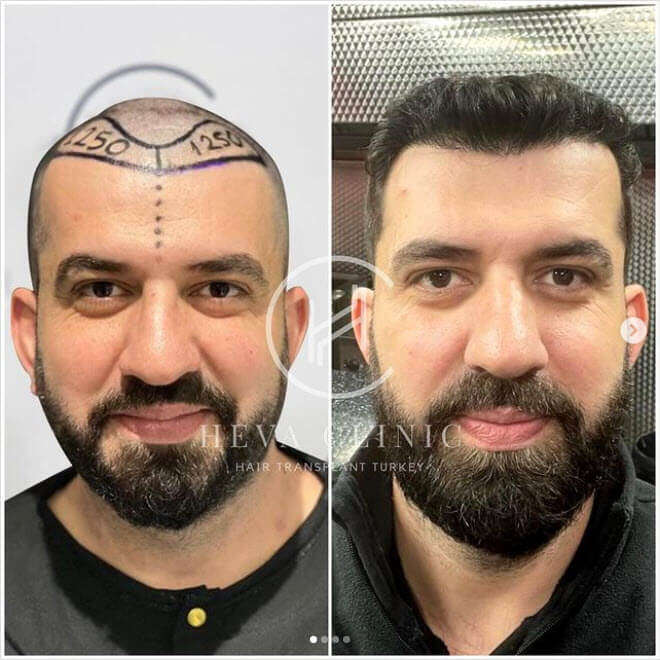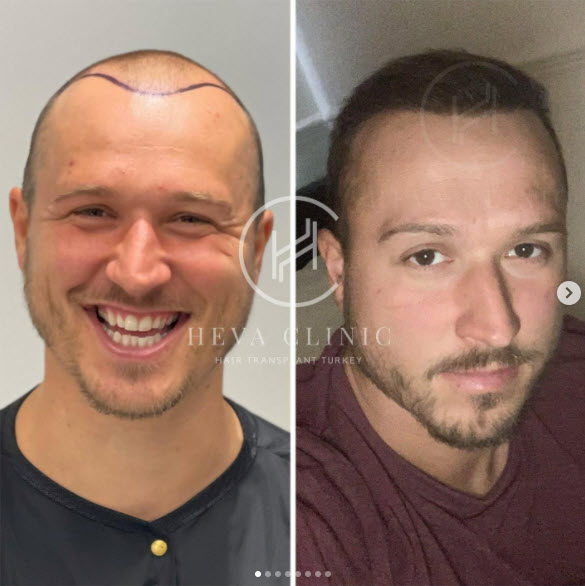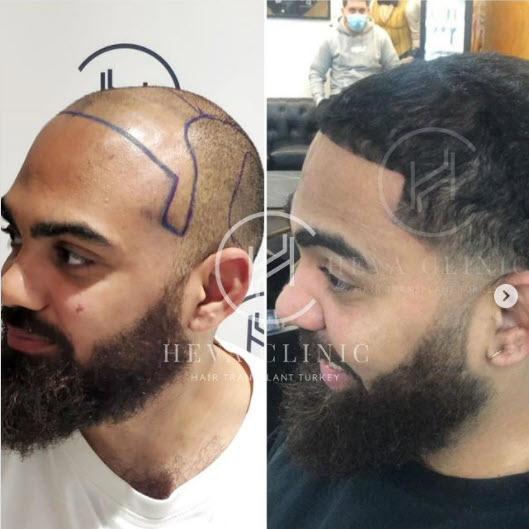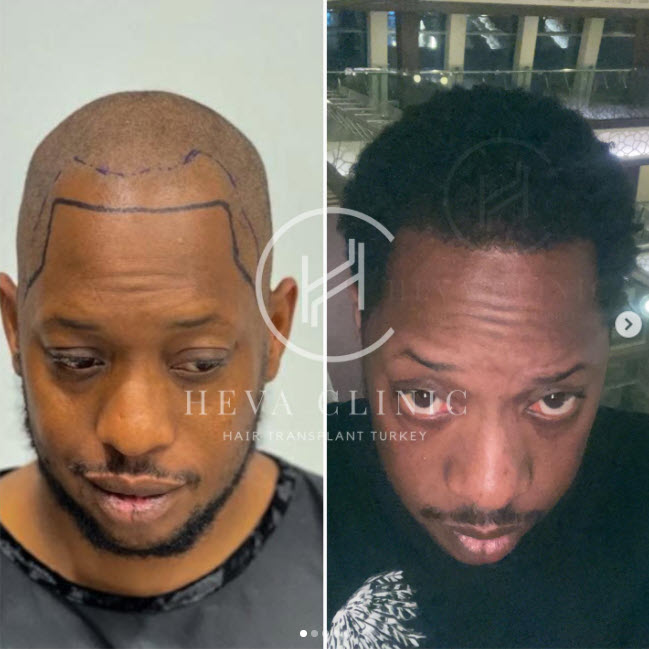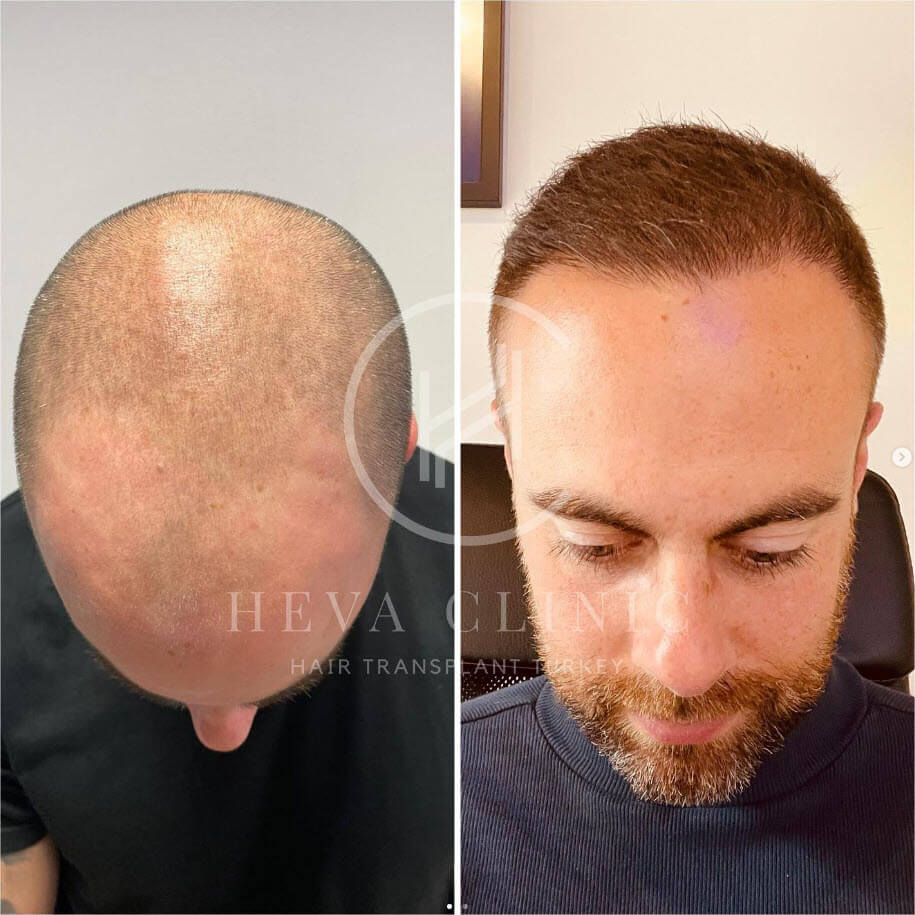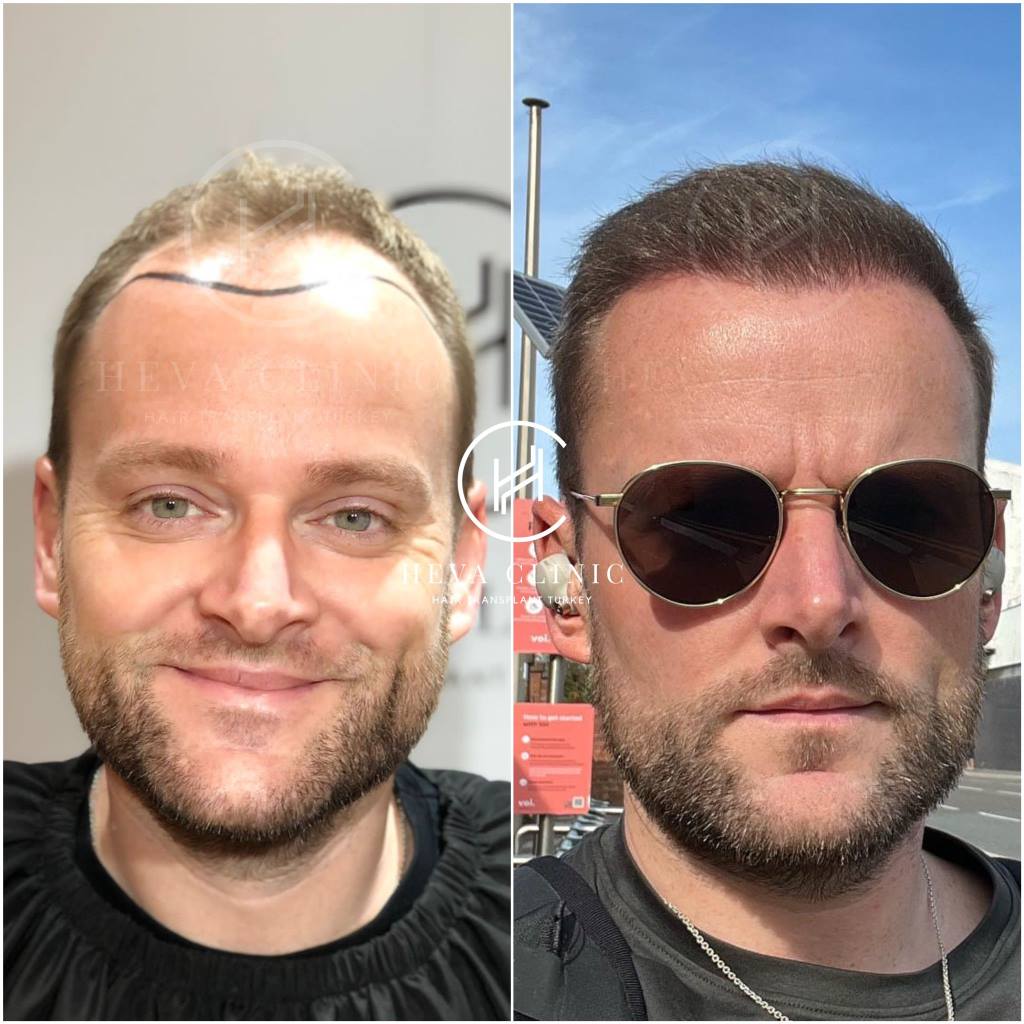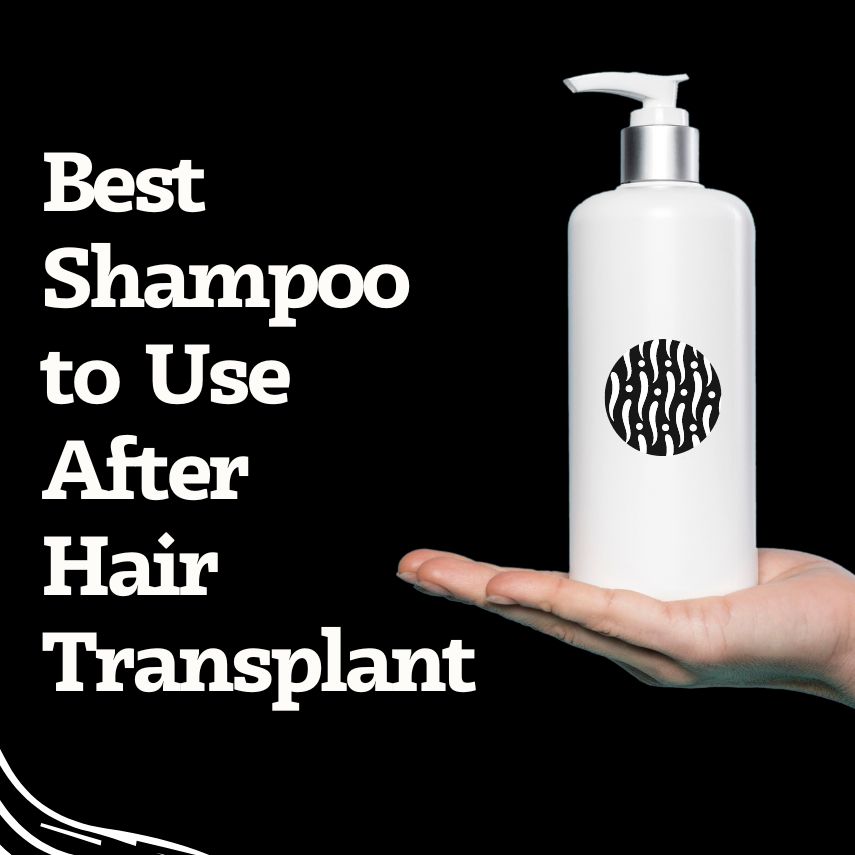
Following a proper method of hair washing and using the right shampoo are the critical aspects of deriving successful results after a hair transplant.
The outcomes of a hair transplant can improve significantly by using a safe and the most appropriate shampoo, depending on your scalp conditions. On the other hand, shampoos, especially those containing harmful chemicals, can cause damage to the transplanted hair follicles, increasing the likelihood of the failure of the procedure.
Hence, it is important to be aware of how to choose the best shampoo after a hair transplant.
This article discusses the parameters you need to consider when selecting shampoo suitable for you after a hair transplant and addresses common concerns associated with the same.
When Can I Wash My Hair After a Hair Transplant?
Your medical clinic performs your bandage removal and initial hair wash one day after the procedure as in the video below; however, this is more of a medical aftercare session than a daily hair wash.
Patients are advised to wash their hair once a day from day 2 of the surgey for 2 weeks. This can help to remove scabs and clots and ensure that the transplanted follicles are kept clean, thus reducing the risk of infections.
After this, patients can return to their normal hair care routine.
Which Ingredients Should I Avoid After a Hair Transplant?
In a nutshell, you should avoid the shampoo ingredients below after hair transplant:
You must avoid shampoos that contain harmful ingredients, such as paraben and sulfates. Shampoos containing sulfates can destroy the natural sebum or oil of the scalp, causing the transplanted area to become too dry.
You must also avoid perfumed or scented shampoos as these can cause irritation of the scalp and hair follicles due to their heavy structure. In addition, your hair care expert at the Heva Clinic can advise you to avoid shampoos with a pH above 5.5 as these can cause damage to hair follicles.
Also, some shampoos contain allergens that could trigger a hypersensitive reaction of the scalp at the donor and recipient sites. This can trigger inflammation and slow healing. It may also increase the risk of failure of hair transplantation. Hence, it is essential to check the ingredient label of the shampoos you plan to use to ensure they do not contain any compounds that you are allergic to. You can also do a patch test on your wrist before using any new shampoo to check for any potential allergic reaction. [1]
Which Ingredients Are Beneficial After a Hair Transplant?
In a nutshell, you can use the ingredients below shampoo after hair transplant:
Some hair care ingredients that are beneficial after a hair transplant include anti-inflammatory nutrients, such as aloe vera, tea tree oil, peppermint oil, and saw palmetto.
You can also choose shampoos that contain zinc as it has the ability to relax the scalp and reduce itching and irritation after hair transplantation. It can also help the hair follicles hold onto the scalp.
Ingredients such as biotin, and keratin amino acids are also beneficial as they can strengthen the hair follicles and increase the shine, elasticity, and softness of the new hair follicles.
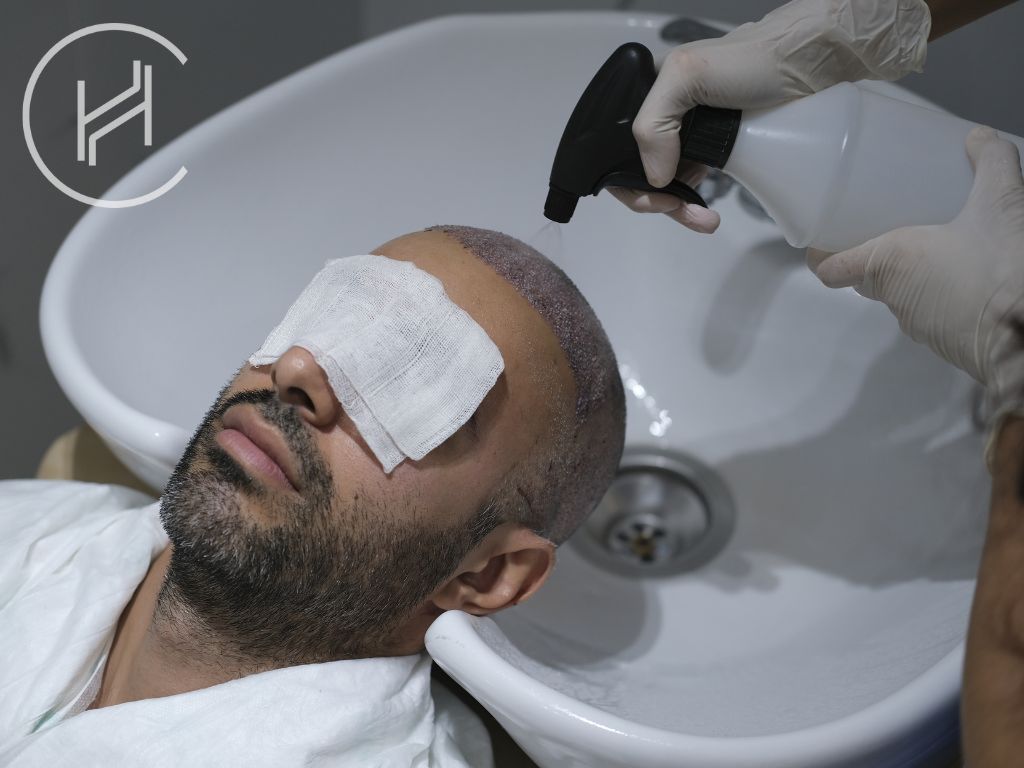
Which Shampoos Are Recommended After a Hair Transplant?
The choice of shampoo you use for hair washing can play a critical role in determining the results you can derive from your hair transplantation.
It is advisable to choose a shampoo that does not contain harmful chemicals that can cause damage to the transplanted hair follicles. You can choose shampoos that have hair and scalp-friendly compounds and a favorable pH value. In general, it is advisable to choose shampoos with a pH value around 5.5.
Your medical consultant at Heva Clinic can help you choose the best shampoo, depending on your specific scalp condition, to help you get the optimum results.
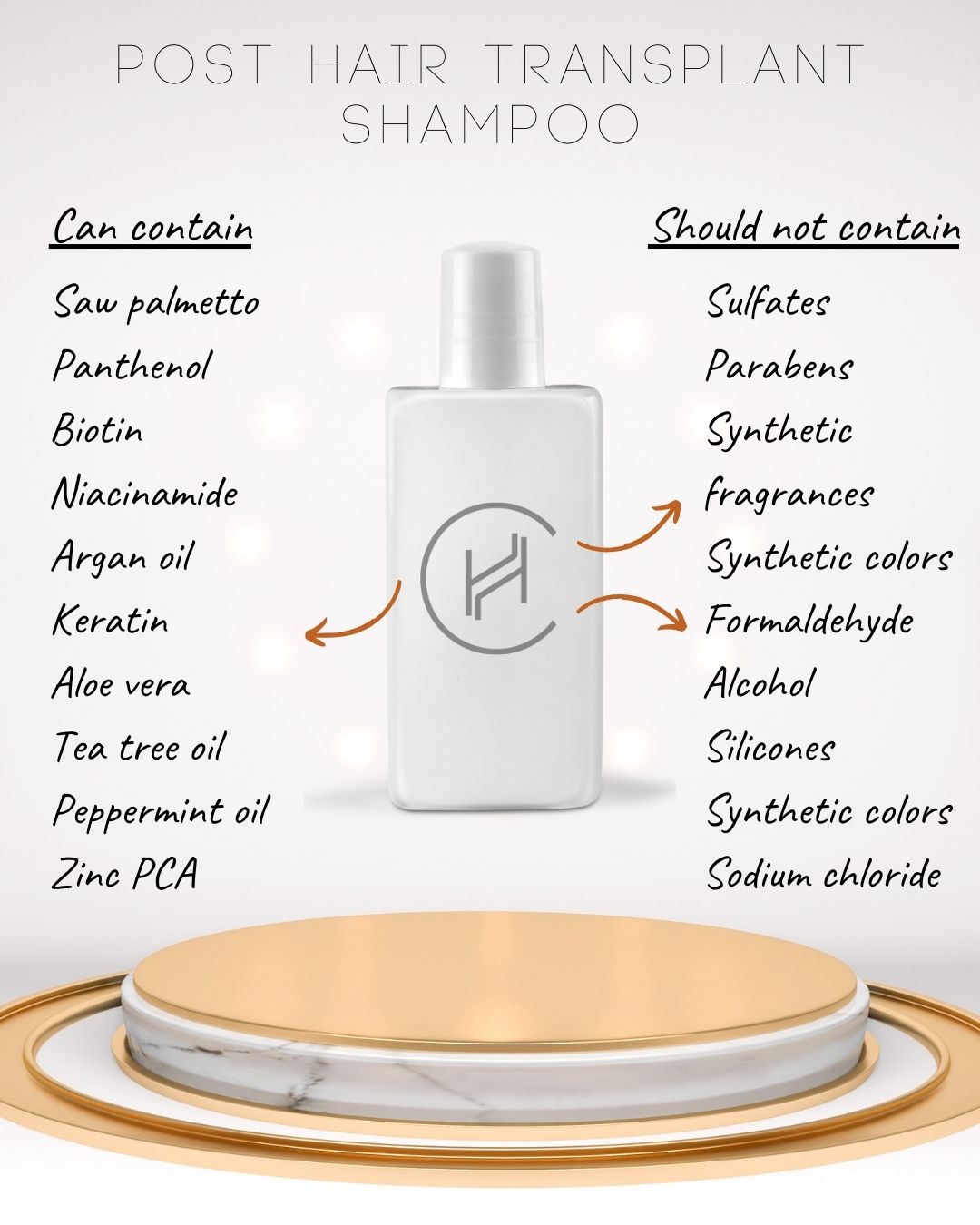
Can I use biotin shampoo after the hair transplant?
Yes, shampoos containing biotin can be safely used after a hair transplant as biotin improves the quality of hair growth.
Can I use caffeine shampoo after the hair transplant?
Generally, doctors do not advise using caffeine shampoos for the first 2 weeks after a hair transplant.
Scientific research has revealed that caffeine from caffeine-based shampoos tends to enter the bloodstream. It is suspected that the generalized stimulant effect of caffeine caused by its entry into the blood circulation might interfere with the results of hair transplantation. This could be one of the reasons why caffeine-based shampoos are usually not recommended after a hair transplantation due to the potential risk of the rejection of a graft associated with its stimulant effect. You should instead use a mild shampoo that creates a soothing effect to support the healing and improve your recovery. [2]
You may use a caffeinated shampoo after 2 weeks if you have used it earlier with good results. However, there is no sufficient evidence to suggest that caffeine shampoos support hair growth after hair transplantation.
Can I use ketoconazole shampoo after a hair transplant?
Ketoconazole shampoo may be used after a hair transplant if you are at risk of infection. Ketoconazole is an anti-fungal agent that can lower the risk of graft rejection by eliminating the infection.
Can I use Nizoral shampoo after a hair transplant?
Nizoral shampoo contains ketoconazole, which can be helpful for preventing fungal infections of the scalp. Your surgeon might advise you to use Nizoral shampoo if you are vulnerable to developing fungal infections due to factors such as weak immunity or diabetes. This will lower your risk of graft rejection and improve the results.
Can I use DHT-blocking shampoo after a hair transplant?
DHT-blocking shampoos are generally safe when used correctly. However, some DHT-blocking shampoos contain harmful ingredients, which can cause undesirable side effects.
For example, sodium lauryl sulfate in these shampoos can cause a loss of hair protein, resulting in a higher risk of hair breakage and split ends. It might also hinder the growth of new hair and keep you from deriving the expected results. [3]
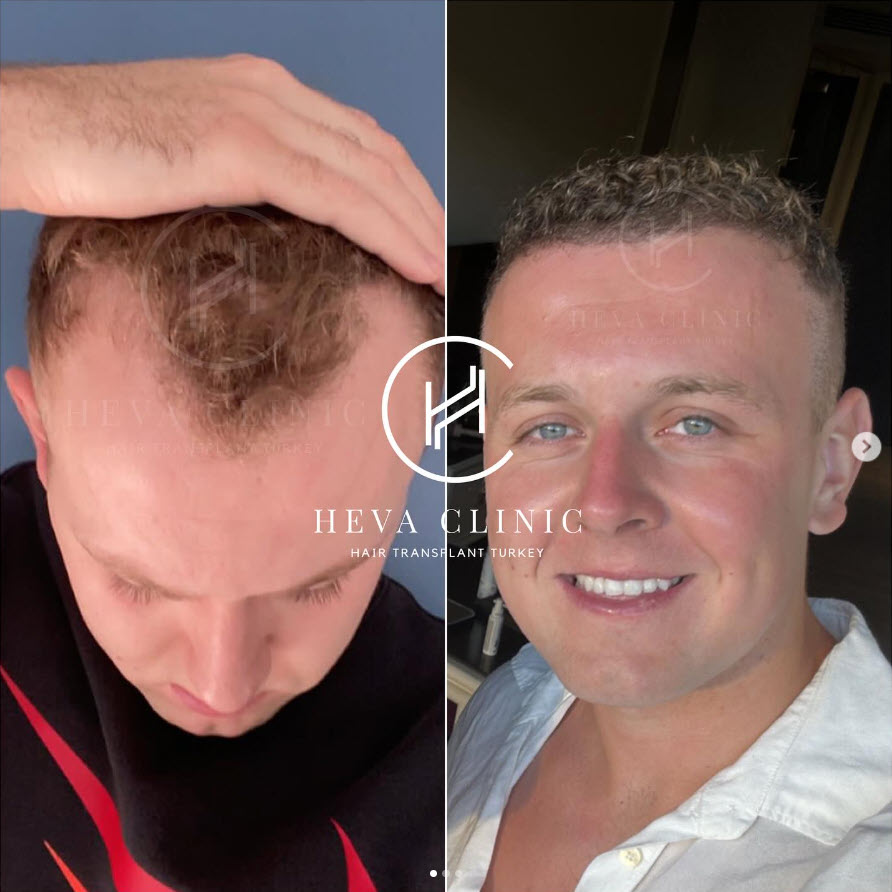
When Can I Use Normal Shampoo After a Hair Transplant?
You should wait to use your normal shampoo after a hair transplant until there is no visible scarring, scabbing, and clotting and the recipient and donor areas have completely healed. Also, it’s highly recommended to read the ingredients of your ‘normal shampoo’ to make sure it doesn’t contain any harmful content that is mentioned above.
What is the Role of Shampoo in Hair Transplant Recovery?
Even though shampoo’s effect is not as serious as your general health or the expertiese of your clinic, it can play a key role in improving the outcomes of a hair transplant and promoting faster recovery.
Choosing a mild shampoo can soothe the scalp and support the healing, thereby accelerating your recovery after hair transplant. On the other hand, washing your hair with harsh shampoos containing harmful chemicals can slow your recovery.
How can you choose the right shampoo for your hair type post-transplant?
The first step of choosing the right shampoo is knowing your hair type (type 1, type 2, type 3 and type 4 hair), and the most important aspect is to assess whether your scalp is oily or dry.
You must choose a shampoo that can maintain optimum hydration of the scalp without stripping it of its natural moisture. You must also choose a shampoo that contains safe and hair-friendly ingredients.
At the same time, it is critical to avoid shampoos that contain harmful chemicals such as paraben or sulfates or those having a pH higher than 5.5 to avoid damage to the transplanted hair follicles and sustain the results.
How Does the Right Shampoo Help Me Get Better Hair Transplant Results?
Choosing the right shampoo helps you get better hair transplant results by reducing the risk of damage to the transplanted hair follicles and promoting the growth of new healthy hairs.
Using the most appropriate shampoo suitable for your specific scalp conditions can also help maintain optimum pH and hydration of the scalp and hair follicles, thus promoting hair growth and preventing excessive oiliness or dryness, both of which are associated with a higher risk of hair fall and failure of hair transplantation.
You can have a free medical consultation at Heva Clinic, where we analyze our patients case-by-case, considering their unique hair types before and after the operation.

